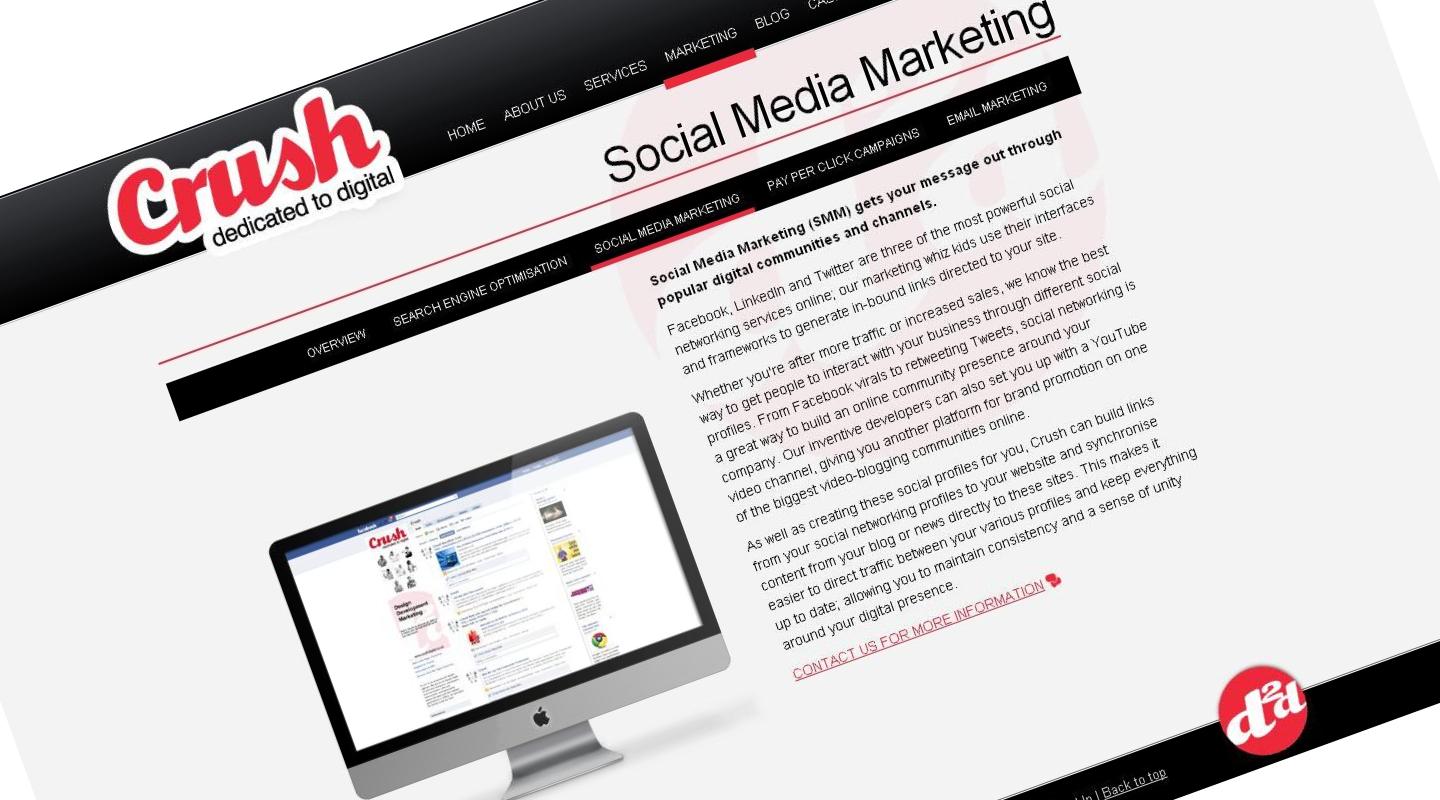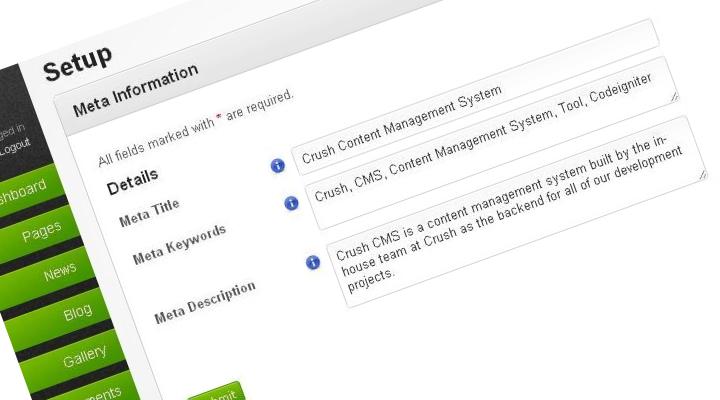Search Engine Optimisation (SEO) is a crucial part of any website’s marketing plan. SEO![]() gets your name out on the web and increases your website’s visibility in order to drive more traffic to your site.
gets your name out on the web and increases your website’s visibility in order to drive more traffic to your site.
We’ve put together our top ten SEO writing tips to help you get the most out of your SEO strategy. Think we’ve missed any? Post your most important tips below – or get in touch.
- Content matters: It’s important to remember that no matter what your subject matter is, your content has the potential to reach a large audience and help your company beyond the SEO benefits. Website content, articles and blog posts are ways to connect your company to relevant, interesting information about your industry. Creating copy that is well-written and focuses on interesting topics in your industry will help it go beyond increasing your page rank by being linked to and shared by outsiders.
- Stay on topic: Business writing is not the same as writing your personal blog! There’s nothing wrong with adding some personality to your writing – this helps to keep the readers intrigued. Just make sure that you stay focused on the business-oriented topic you are writing about and avoid drifting into unrelated tangents.
- Write compelling headings: The titles of web pages and articles are among the first things that grab the attention of a reader. Don’t use a generic, boring headline which simply describes what the article or web copy is about. Instead, think like a newspaper headline writer and develop a headline which makes someone want to read more.

- Ideal article length: Content written for web copy and articles for directory submission should succinct and deliver a clear value to the reader. Typically, you should keep between 300 – 1,000 words in length though this depends on the subject and technical detail you want cover. Blog posts and social media comments can be shorter as they tend to be read on-the-spot.
- Add keywords to the bio: Biographical information given for a magazine story or an article for a directory submission is a great chance for you to enhance your credentials and optimise your content. Make sure that you include at least one keyword in your bio that relates to your article.
- Ideal keyword density: Keyword density (the rate at which you repeat certain words through your text) is an important consideration. Too high and you look like a spammer; too low and you risk diluting the focus of your text. A keyword for every 50 to 100 words of content is a good rule of thumb.
- Use META descriptions: Most web content syndication services offer the ability to add META descriptions and keywords to your text. This allows you to give further information such as seaonality or topic information which you may not be able to include in the main article body. As META descriptions can be used by search engines it is a good idea to optimise these like page titles to be short and contain a call to action.

- Tag headings/sub-headings with HTML tags: In order for Google and other search engines to give your content the highest placement possible, it’s important that it looks professional and well-structured. Using the appropriate tags for your content will do this. Use h1 tags for titles, h2 tags for subtitles and so on. This concept will also help your writing by encouraging you to put your most compelling ideas first.
- Write original content: Having duplicate content is a major no-no for search engine optimization, so don’t just “copy and paste” content from existing sources. Make sure your content is fresh and original – even copying your own content is a poor SEO decision.
- Choose relevant images: Creative Commons search tools like the Google Image Search Assistant will help you find intriguing images that are free to use without risking copyright infringement. Having eye-catching images that are relevant to your content will grab the reader’s attention.


